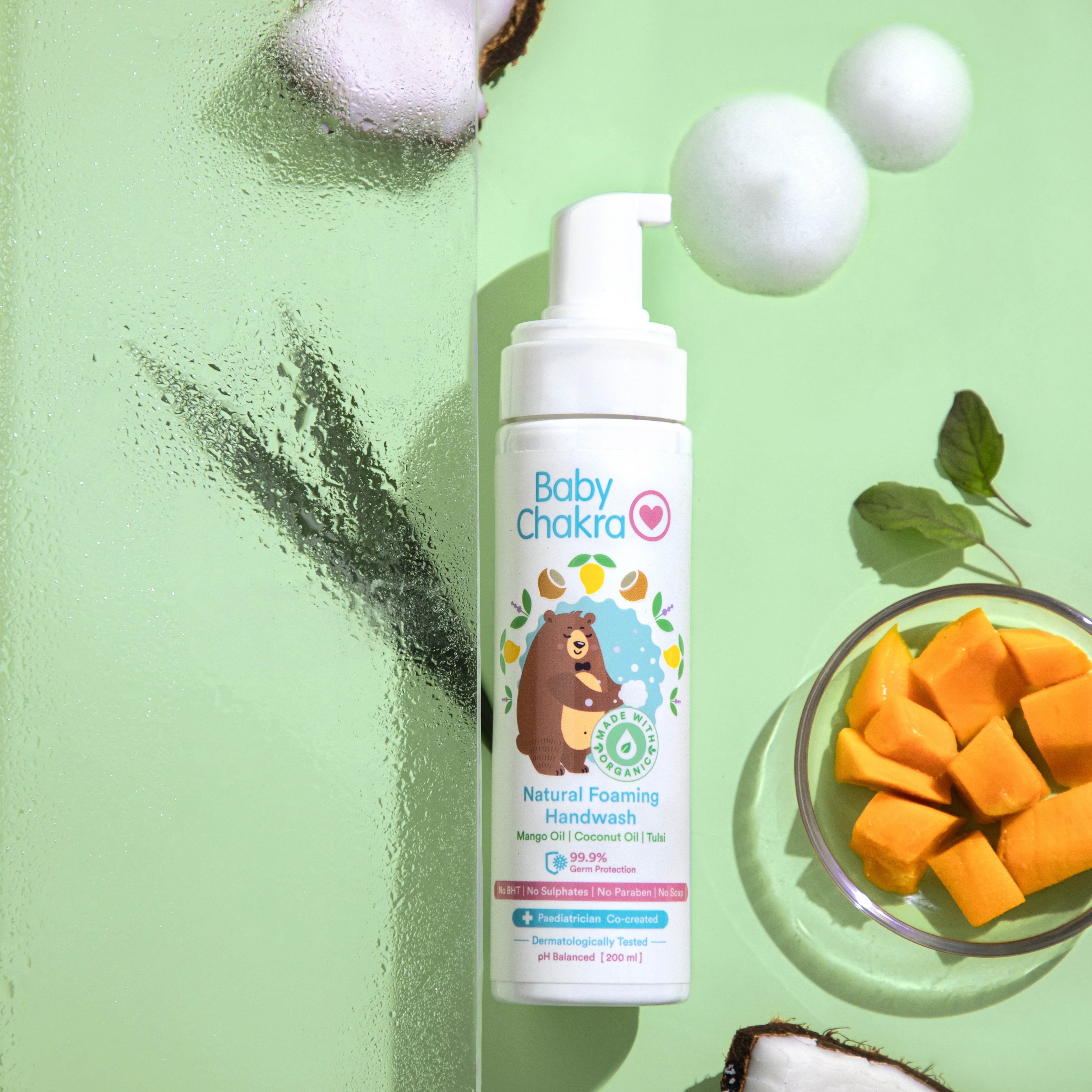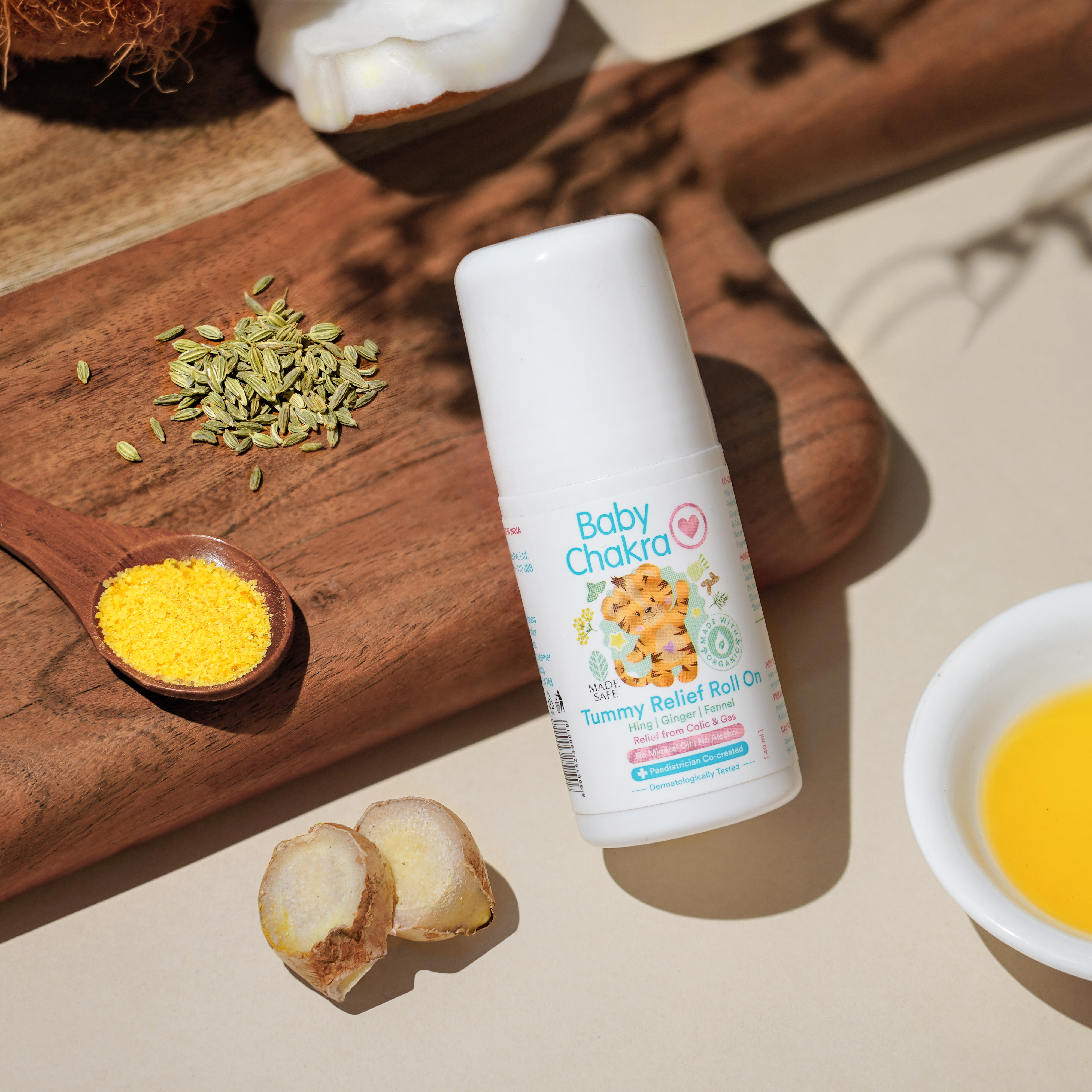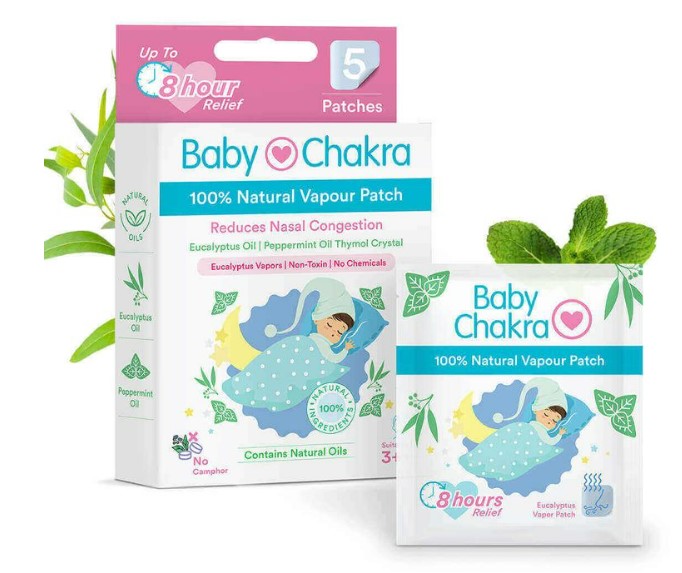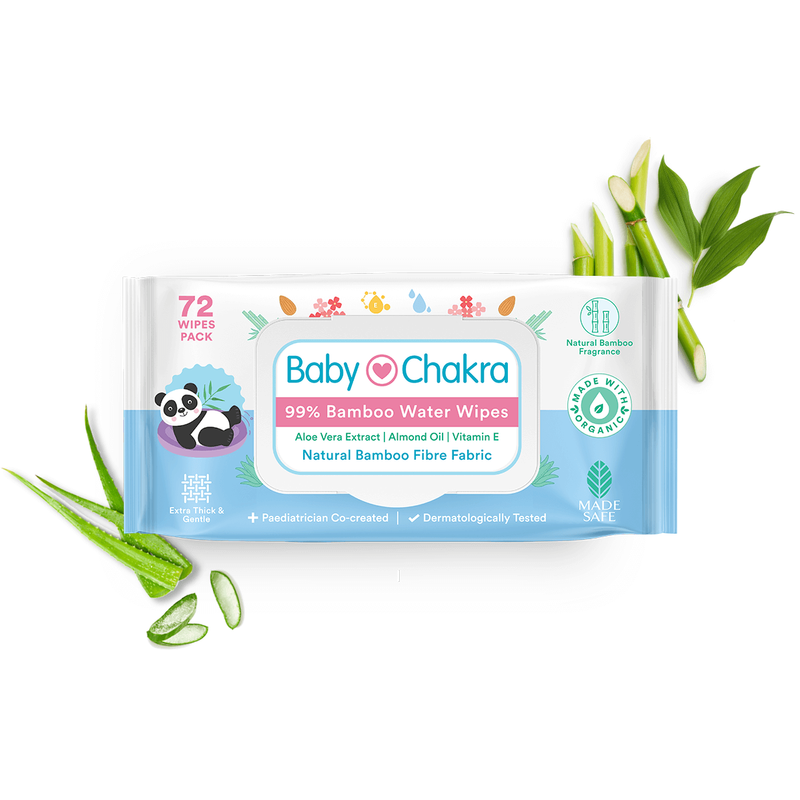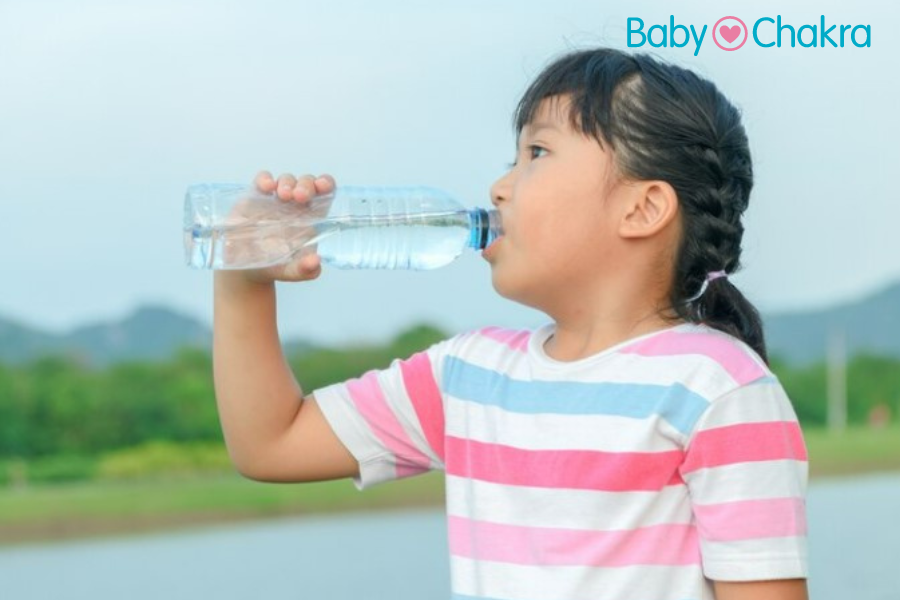
7 Signs Of Dehydration In Toddlers And Treatment Methods
21 Apr 2023 | 6 min Read
Sudeshna Chakravarti
Author | 799 Articles
Dehydration in toddlers is commonly noticed in the summer months. Profuse sweating or conditions like diarrhoea and vomiting can cause plenty of fluid loss in your child, leading to dehydration.
However, dehydration in toddlers can be prevented easily and also managed with simple measures at home. Read on to know more about the possible causes of dehydration in young children, signs to watch out for, and tips to prevent its occurrence in the first place.
What Is Dehydration?
Dehydration is caused by loss of body fluids due to sweating or overheating / Image credit: Freepik
Dehydration is a condition, where your body loses more water than it receives. This leads to a scarcity of water for essential body functions, which further disrupts normal metabolic processes.
Toddlers are the most susceptible group to experience dehydration, as their smaller bodies hold lesser fluid reserves.
Possible Causes Of Dehydration In Toddlers
Toddlers can lose fluids from their bodies in several ways. Some of the possible causes of dehydration in them include
- Diarrhoea: This condition leads to loose stools caused by bacterial, viral, or parasitic infections. It can cause a rapid loss of water from your toddler’s body, leading to dehydration.
- Vomiting: Frequent vomiting also depletes your little one’s fluid reserves, leading to dehydration.
- Fever: If your toddler has a fever, then their high body temperature may make them lose water quickly, especially if they are constantly sweating.
- High humidity and heat: Excess heat can lead to profuse sweating in young children, which further causes dehydration. Toddlers who spend a lot of time outdoors are prone to this form of dehydration.
7 Signs Of Dehydration In Toddlers
Dry mouth, fever, and infrequent urination are tell-tale signs of dehydration in toddlers/ Image credit: Freepik
Watch out for the following symptoms
- Dry mouth is one of the earliest signs of dehydration in toddlers. You may notice that your child’s mouth appears sticky with dry lips, and lesser salivation.
- There is no sign of urination for 6-8 hours, or their urine colour is dark and concentrated.
- Their eyes appear to be sunken into the sockets.
- They have fewer tears as compared to normal when they cry.
- Your toddler may seem disinterested in all kinds of activities. They may also have lower levels of concentration and act fussy when asked to do something.
- If your toddler is experiencing dehydration due to overheating, then they may have infrequent bowel movements and harder stools.
- The soft spit of your toddler’s head, also known as fontanelle will appear sunken.
When To Rush To A Doctor?
If you notice the following signs in your toddler, then take them to the hospital immediately
- Diarhhoea or repeated vomiting
- Semi-unconsciousness or drowsiness
- Your toddler is unable to keep any fluids down
- If they urinate only once or twice in 24 hours
How Is Dehydration In Toddlers Diagnosed?
As dehydration is mostly a clinical diagnosis, your child’s paediatrician will first look for the symptoms mentioned earlier. They may also conduct the following tests to aid the diagnosis and treatment process.
- Blood tests: This will help understand whether the levels of potassium and sodium in your toddler’s blood is normal or not.
- Urine test: This helps check for concentrated urine, which is a tell-tale indicator of dehydration in toddlers and a sign of low fluid levels in their bodies.
Treating Dehydration In Toddlers
Your child’s paediatrician may recommend antiviral medications or ORS water to treat dehydration / Image credit: Freepik
Replenishing the lost fluids in their body is the only way to treat dehydration. However, treating the underlying cause is also essential. Your healthcare provider may recommend the following methods to treat dehydration in your little one.
Oral Rehydration
Oral rehydration salts, also known as ORS, are over-the-counter medicines for rehydration in toddlers. You can either purchase ORS powder or a rehydrating readymade drink for your toddler.
A single pouch is usually dissolved in a litre of water, but do consult your doctor for more instructions and recommended dosage throughout the day.
Intravenous Rehydration
If your toddler develops extreme dehydration or lethargy, then they are administered intravenous fluid infusion (IV). These fluids are only administered at a hospital, under your doctor’s supervision.
Antibiotic, Analgesic, Or Antiviral Medication
Antivirals or antibiotics are generally not needed. However, in some cases, they may be prescribed to treat an underlying infection. Remember that these medications should be only administered if your doctor prescribes them, and only give recommended dosage.
Home Remedies For Dehydration In Toddlers
These simple steps can help relieve your toddler’s dehydration at home.
- Feed them foods that hydrate: Give your toddler fruits that have a high water content, such as bananas and watermelon. You can also give your child fresh and tender coconut water. Yogurt is also a good option to fight dehydration.
- Give them plenty of water: Encourage your child to have sips of water at regular intervals to replenish the lost fluids in their body.
Tips To Prevent Dehydration In Toddlers
- Keep your toddler hydrated: Make sure your little one gets adequate fluid in accordance with the weather and their lifestyle. If your little one spends a lot of time outdoors, then they need more water. Plus, if you live in humid conditions, your toddler will need frequent sips of water to maintain hydration.
- Prevent infections: Take adequate steps to prevent gastrointestinal infections like diarrhoea and vomiting. Make sure your child washed their hands before having their meals, and after coming back from outside.
- Dress your child wisely: Dress your child in loose-fitting and lightweight clothes in the summer months. These outfits offer better heat dissipation and reduce the possibility of overheating and dehydration.
Conclusion
Ensuring ample fluid intake is the key to managing dehydration in toddlers. Hence, give your child lots of water, and feed them foods that have a high water content. Also, if you notice any abnormal symptoms, or if your toddler seems too lethargic, consult your doctor immediately, as they may need immediate medical attention.
Recommended Toddler Care Products:
Also Read:
Stomach pain in toddlers: We have discussed effective home remedies to soothe stomach pain in toddlers. Check them out.
Probiotics for babies: When can you introduce probiotics into your little one’s diet? Find out all the details in this post.
Vomiting in babies: Here are some remedial measures to treat vomiting in babies. Check them out.
Cover Image Credit: Freepik.com
A


Related Topics for you
Suggestions offered by doctors on BabyChakra are of advisory nature i.e., for educational and informational purposes only. Content posted on, created for, or compiled by BabyChakra is not intended or designed to replace your doctor's independent judgment about any symptom, condition, or the appropriateness or risks of a procedure or treatment for a given person.

